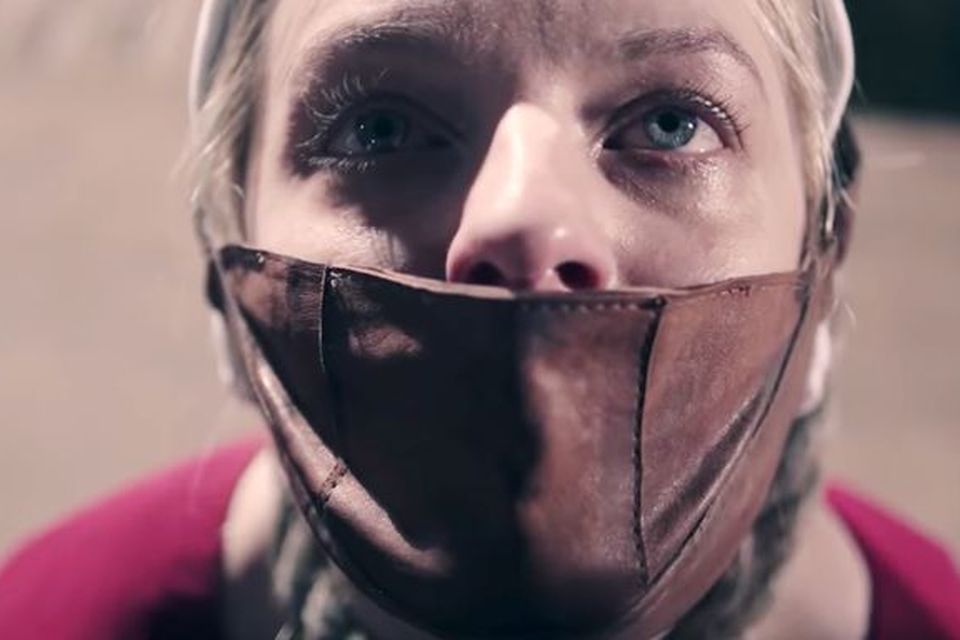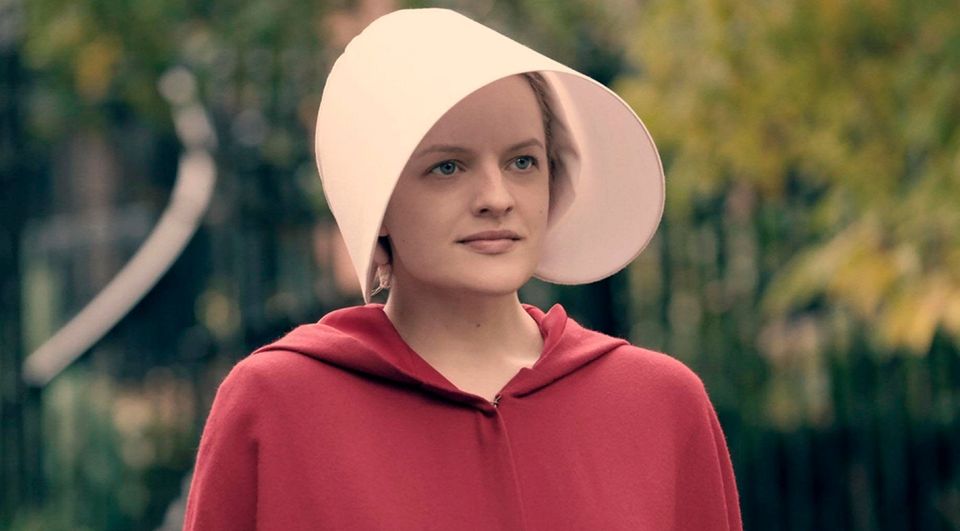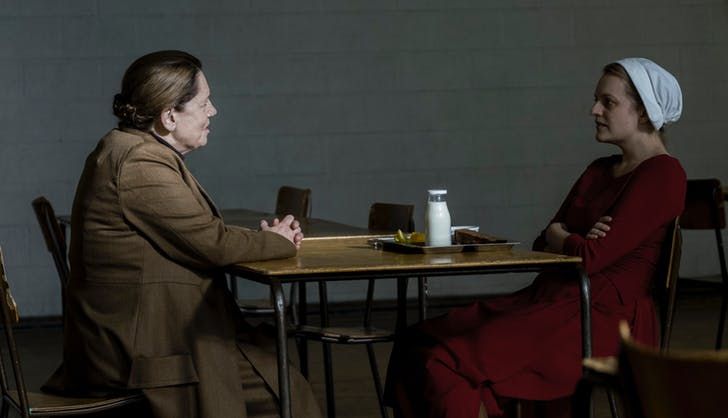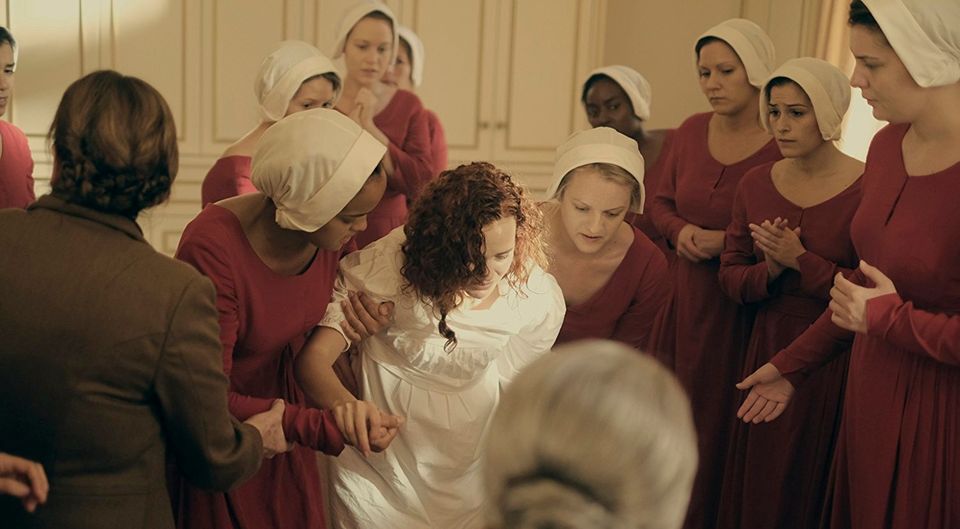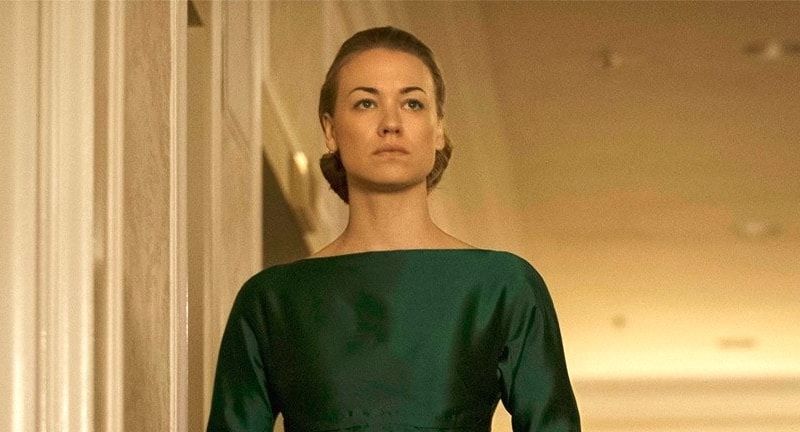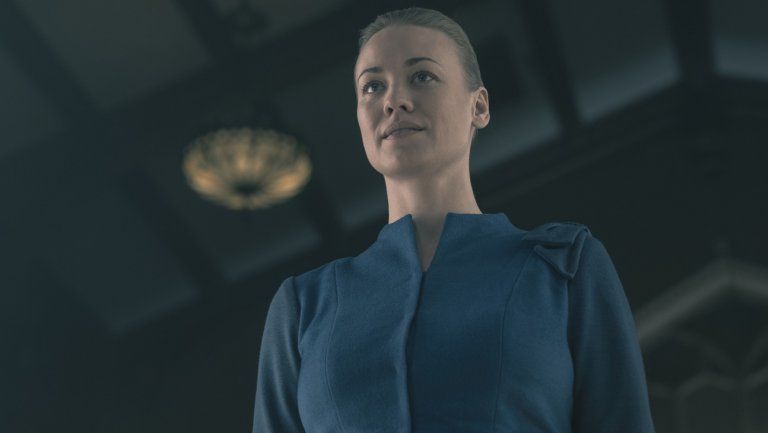10 seasons of The Handmaid's Tale? You can count me out - here's why
Showrunner says the dystopian drama, which has just wrapped its second season, could run to 10
The Handmaid's Tale
Now that season two of The Handmaid’s Tale has wrapped up on both RTE2, which screened the finale weeks ago, and Channel 4, which showed it last Sunday, we can assume that anyone who wanted to watch it has already done so on one or the other of them.
**WARNING: SPOILERS**
So it’s safe to emerge from the spoiler tent and ask if the law of diminishing returns is already taking effect. It’s a pertinent question since it comes just days after the series’ creator and showrunner, Bruce Miller, suggested The Handmaid’s Tale could run for up to 10 seasons.
Frankly, the idea that we could be sitting here in 2026, still waiting to find out the ultimate fate of June/
Star of the Handmaid's Tale TV series - Elisabeth Moss
Offred (Elisabeth Moss), and whether the repressive Republic of Gilead will finally fall, makes the blood boil.
It’s a ludicrous notion, not to mention a display of breathtaking arrogance on Miller’s part. It’s a spit in the eye of an audience that’s already invested a lot of time in the series. Does the man honestly believe viewers will be happy to be strung along for eight more years?
Ann Dowd and Elizabeth Moss as Aunt Lydia and Offred in The Handmaid's Tale
With a few exceptions (The Wire, The Sopranos, Breaking Bad, Mad Men), most series are a spent force by the second or third season but stagger on regardless, eventually wearing out their welcome.
Those of us with reservations about the wisdom of continuing The Handmaid’s Tale beyond what was in Margaret Atwood’s novel have had some of our fears realised.
Ofglen (Alexis Bledel) in The Handmaid's Tale. PIC: Channel 4
Season two was bloated, yet at the same time, empty. Too many episodes (13), too many of which were simply treading water. Nothing much happens for a long time, and then there’s a sudden shock — usually an act of brutal violence, a beating, maiming or execution — and then everything settles down for another long, uneventful stretch.
When you have only a certain amount of plot to spare, you have to ration it out in measly portions. It’s called padding. And then there’s the repetition.
Elisabeth Moss and Madeline Brewer star in 'The Handmaid's Tale'
The season began with an escape opportunity being dangled in June’s face, then cruelly snatched away at the last second, as the plane about to fly her to freedom in Canada was riddled with bullets. Returning her to the Waterford household was effectively hitting the reset button to give us more of the same.
June was handed a second chance to escape later on. But you just knew she wouldn’t take it, didn’t you? She was given a third chance at the end of the finale.
Elisabeth Moss as Offred in The Handmaid's Tale
Rather than fleeing with the baby she’d borne for the Waterfords, having persuaded Serena (Yvonne Strahovski) she could protect her from becoming a victim of Gilead, Offred handed the child over to Emily (Alexis Bledel), having decided to remain to try to rescue her firstborn, Hannah.
It made no sense. With a rumble of rebellion already shaking the regime, surely she’d have a better chance of rescuing her daughter from the outside? Here was the reset button being hit a second time.
Yvonne Strahovski in The Handmaid's Tale
Yvonne Strahovski as Serena Joy in The Handmaid's Tale
There were other weaknesses along the way. Transgressions that would have drawn the severest of punishments in season one (June slapping the Commander across the face being one example) now have consequences only when it suits the writers.
The goalposts have been moved. Emily was banished to the brutal, disease-ridden Colonies, which we’d been told were the last staging post before a wretched death. Then, suddenly, she was brought back to resume her life as a handmaid. Why? Presumably because Bledel is too good an actress to squander.
For the same reason, it’s unlikely we’ve seen the last of Ann Dowd, despite her character, the monstrous Aunt Lydia, being stabbed and ferociously beaten by Emily in the finale.
Arguably the least plausible aspect was Serena’s sudden conversion to the cause of women’s rights, which ultimately cost her a finger. It felt phoney and contrived and, for a supposedly smart woman, it was an incredibly dumb move.
It’s not entirely accurate to say The Handmaid’s Tale has lost the plot. It’s more a case of it desperately needing to find a plot before viewers lose their patience.
Read more:
Join the Irish Independent WhatsApp channel
Stay up to date with all the latest news
